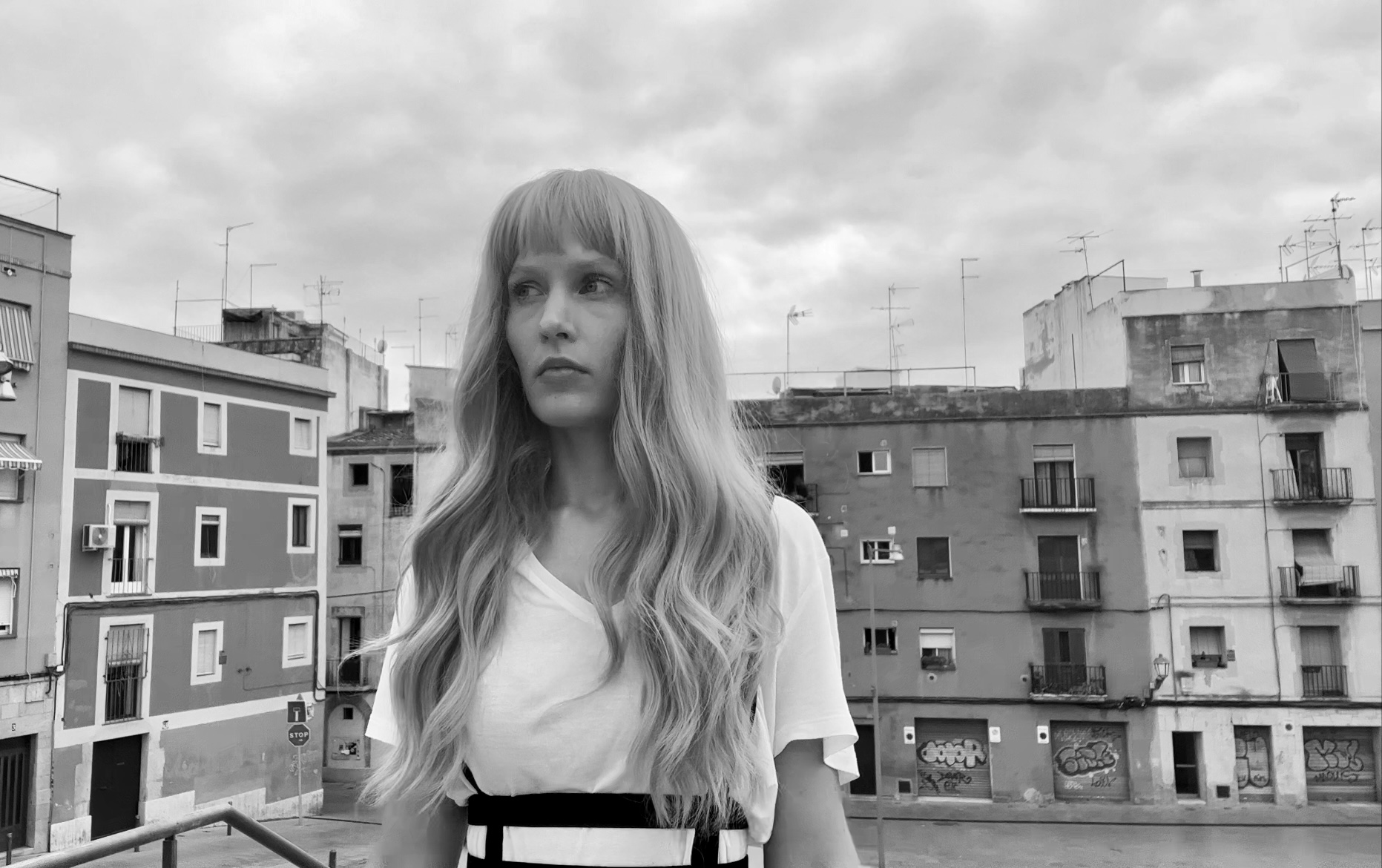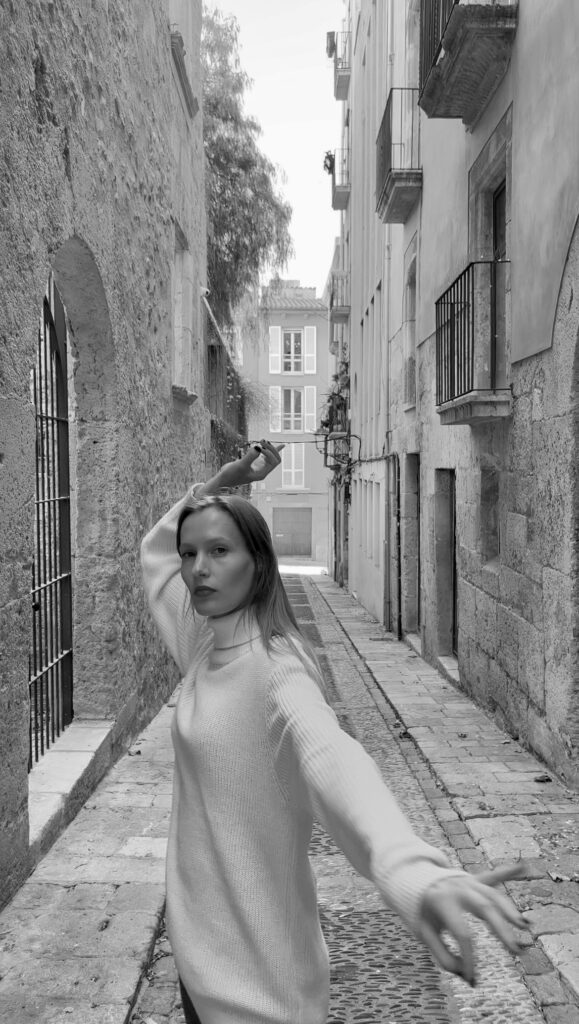
-Who is Helen Eller?
I come from a linguistic/translation background, filmmaking came quite recently, a couple of years ago; academically, I pursued Spanish philology at the University. I was born in Estonia but have lived most of my adult life in Spain, which has probably shaped me as a person. I feel at home in both places, although from time to time I get tired of one place, so I change cities I live in, from Madrid to Tallinn and to Tarragona where I am currently living.
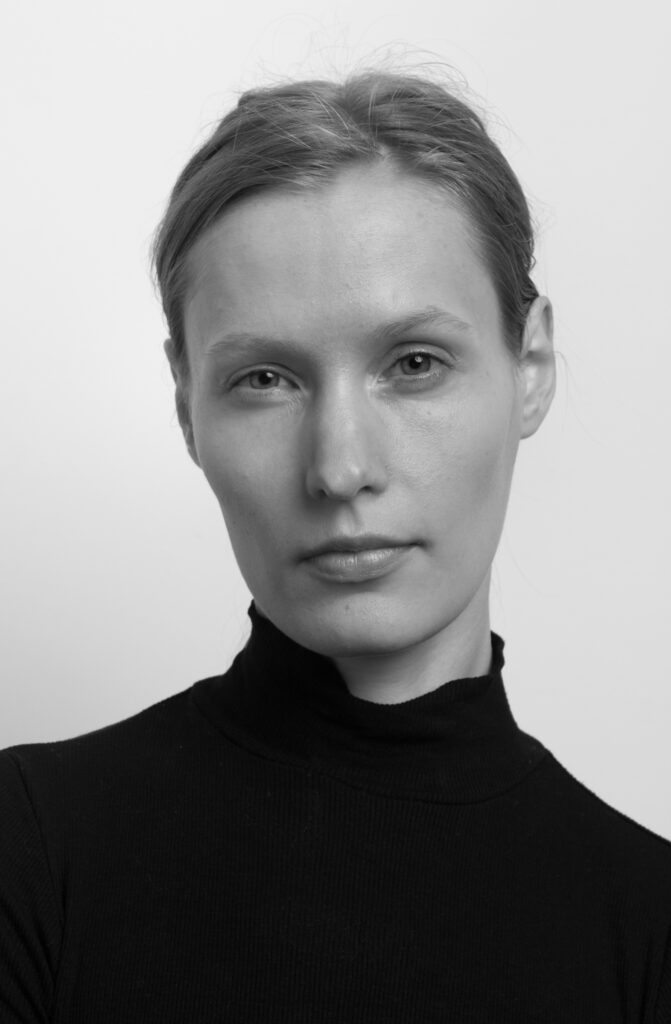
-What inspired you to become a Filmmaker?
A few years ago, I was going through a period that I wasn´t very happy and felt that something was missing in my life, I wanted to express myself creatively, so I started first learning screenwriting and a few years later filmmaking by watching many videos on YouTube and doing many short films on my iPhone. Reflecting on this question, I recall some memories from my childhood watching old black and white films from the 50s on TV at 7-8 years old and serious dramas when I was 13-14 years old, so a deeper interest for film has always been there. I have always been quite introverted, so film offers me a channel to connect with the depths of my inner self, the emotions I have transform into film, whether it be sadness, anxiety, frustration or perception. It may sound as a cliché, but sometimes it seems that art is born through pain but it also serves as a liberating force, so in the end it transforms into positive energy. And sometimes I also feel like the creative energy is somehow in connection with the sexual energy. And I feel like I cannot control the creativity, it rather comes out, although there are moments that trigger it to come out.
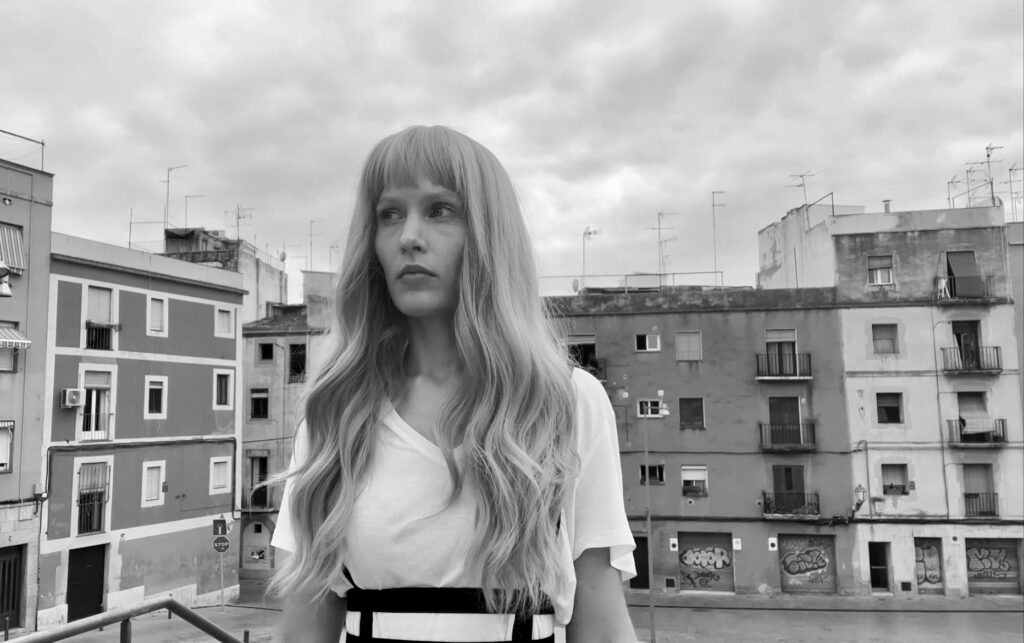
-Do you think the cinema can bring a change in the society?
I think it can help to bring a change, but my preference is for it to remain rooted in the artistic realm, not become too political. For me the purpose of cinema is to inspire, provoke thought and evoke emotions, also it is an aesthetic pleasure. As Tarkovski once said: “the artist exists because the world is not perfect. Art would be useless if the world were perfect, as man wouldn’t look for harmony but would simply live in it. Art is born out of an ill-designed world.”
-What would you change in the world?
I would like the world to be a more equal place, the chasm between the affluent and lower socio-economic strata is growing; the increasing cost of living poses challenges in affording basic necessities. Additionally, I advocate for a heightened environmental consciousness, aiming to preserve and maintain a clean world for the well-being of present and future generations.
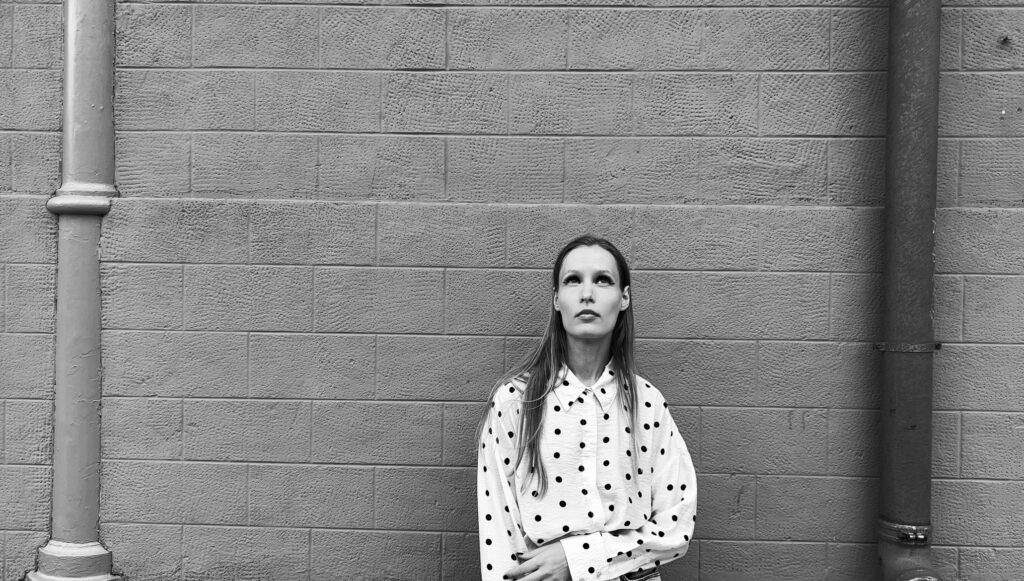
-Where do you see the film industry going in the next 100 years?
I think AI will make many changes in most sectors in the next 100 years, I cannot predict how far it will go, but I imagine that it will be involved in the process of filmmaking more and more. Now you can brainstorm ideas with Chat GPT for a screenplay, even though at the moment film is too complex so that AI could substitute humans, since AI does not understand the concepts as a human at the moment, there is no emotion either, no human judgement, or an original perspective of an individual, not so sure about it in a 100 years, maybe humans will merge with AI eventually, inspiring potential scenarios akin to a sci-fi narrative. On the other hand, thanks to new technologies filmmaking will become probably more affordable and accessible.
